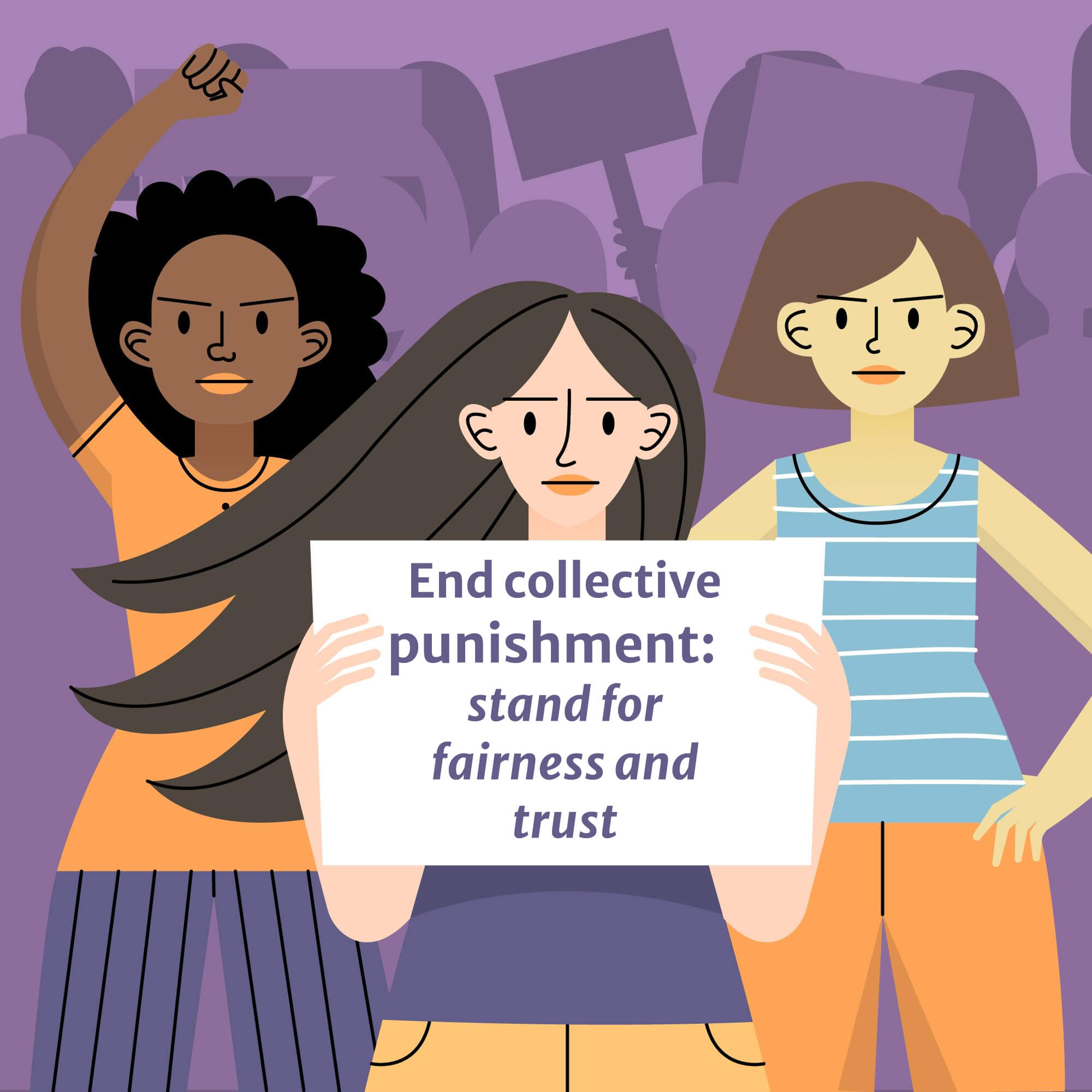Time is money, as they say—but in the world of school advocacy, it’s mostly mothers paying the bill. They spend their work breaks writing emails. Their nights gathering documents. Their weekends holding their children together after another week of being failed. They do this unpaid, unsupported, and unseen. The cost isn’t just measured in hours—it’s in sick days, lost wages, shattered health, and emotional depletion. And yes, actual dollars: therapy, private assessments, legal consults, the cost of time off work, the cost of divorce….
When a school makes a decision that harms your child—whether disciplinary, academic, or related to support—district policies usually say you must “try to resolve it at the school level” before you can appeal. But they rarely explain what that means. And so, many parents remain stuck in an endless loop: waiting for responses that never come, chasing meetings that go nowhere, reliving the same harm while the days slip by.
For children, time stretches differently. One week can feel like forever when you’re in kindergarten. A month without support is not just inconvenient—it can be developmentally disruptive. When a child is excluded, humiliated, or denied what they need to learn and belong, that harm embeds itself quickly. After just one year in an unsafe kindergarten classroom, children may not remember the time before. Their sense of school as a place of joy or trust had already fractured. Delays in responding to that harm don’t just postpone progress—they deepen injury, distort memory, and make recovery harder. Every unaddressed day compounds the cost.
Eventually, the cost becomes unbearable.
When that time comes, it’s time to appeal. Here’s a step-by-step approach that helps you move from stuck to strategic—clearly, quickly, and with documentation in hand.
Respond in writing
As soon as you receive a decision you disagree with—whether about discipline, support, placement, or access—send a brief, respectful email to the school principal. Say that you do not agree with the decision and explain why. Focus on facts and the impact on your child.
Example:
“I’m writing to express concern about the recent decision to exclude my child from field trips. I believe this decision is discriminatory, and it doesn’t reflect the intent or requirements of their IEP.”
Attach or link to any relevant supporting information. If you’re not sure what to include, a short email is enough to start.
Follow up promptly
If the school does not respond within two business days, send a follow-up titled “Urgent: second request”. Be firm and clear, and include the original email.
Example:
“This is my second request. I need a written response to the concerns below. If I don’t receive one, I’ll be escalating this to the district level.”
This stage is critical. Many parents get stuck waiting too long. Schools often delay or deflect in ways that wear families down. Being clear, prompt, and procedural helps move things forward.
Mark the communication gap
If you still don’t receive a reply within two more business days, send a third and final message noting the school’s lack of response and your intent to file a formal appeal. This creates a written record that you attempted resolution in good faith.
See also: Urgent: third request – what to do when schools ignore your emails
Initiate the district appeal
At this point, you’ve satisfied the informal resolution attempt expected by most appeal policies. You can now prepare and submit your level one appeal to the school district, including:
- your original email
- your follow-up messages
- any supporting documents
- a short letter summarising what happened and what you’re asking for
This approach keeps you from getting stuck in the “try to work it out with the school” loop indefinitely, while showing you acted reasonably. It protects your time and your child’s rights.
Related news
-
The fallout of regressive discipline: from community trust to mental health
In schools across British Columbia and beyond, discipline often unfolds not as a considered intervention tailored to individual needs, but as a blunt, collective act that seeks to restore order quickly by suspending joy or opportunity for all. The cancellation of recess, the…
-
The paperwork trap: when doing everything right becomes your downfall
When parents follow every rule, cite every policy, and document every meeting in the British Columbia public school system, they are often framed as adversaries, not allies. This essay explores how procedural knowledge becomes a liability, how the IEP process punishes fluency as…
-
Shattered pathways of parent advocacy in BC’s public schools
It’s time to riot in the streets. We have tried everything else and our children are still being hurt. The existing systems of appeal and escalation are ineffective, more focused on preserving the institution than delivering justice. It’s time to end the engineered…
-
Why families feel betrayed when they finally reach the school board
An editorial reflection and response to The Canary Collective’s July 29 post When families reach the end of their rope with a school—when they’ve tried everything they can think of and their child is still suffering—the next instinct is often to go higher. In…
-
Vancouver School Board’s Urgent Intervention Process – purpose, process, and controversy
The Urgent Intervention Process (UIP) – formerly known as the Multi-Interdisciplinary Support Team (MIST) – is a Vancouver School Board (VSB) initiative designed to provide rapid support for schools dealing with students with extremely challenging behaviours or acute needs. The program was expanded in the mid-2010s…
-
$10K and an NDA
Would 10K and an NDA make the most excellent name for a country song? I didn’t file a Freedom of Information request to stir conflict — I filed it because nothing made sense, and I needed a clue, any thread at all, to…
-
The path to justice: legal versus public record
The courts may offer compensation, but rarely truth. The legal path demands silence in exchange for settlement. The public path asks you to speak while you’re still bleeding. Neither is easy. But only one builds a record that helps the next family survive.
-
A costly legal habit at the Vancouver School Board
As families fight for inclusive education and basic classroom support, the Vancouver School Board is pouring millions into legal fees—more than triple what it spent just a few years ago. Public records reveal a dramatic spike in payments to Harris & Company, the…
-
Grace and the weight of a meeting
I felt so hopeless in that meeting. Underneath all the patronising words and well-meaning smiles, I could feel the same machinery at work—the one that asks disabled children to be gracious in the face of dismissal, polite in the face of erasure, composed…
-
Right to no discrimination
Every child has the right to learn and belong at school without being treated unfairly because of who they are. In British Columbia (B.C.), this Right to No Discrimination means public schools must welcome all students on equal terms, regardless of their race, Indigeneity, colour, ancestry,…

















